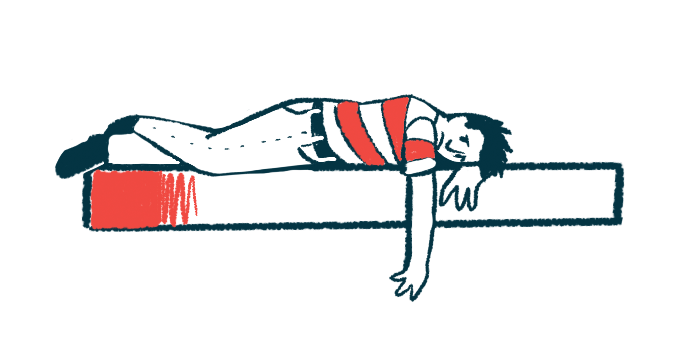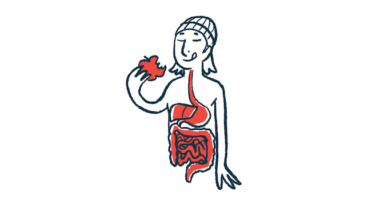Cognitive deficits in SSc patients partially linked to depression: Study
Patients perform worse on verbal fluency, memory than other groups in study

People with scleroderma perform worse in verbal fluency tasks than those with mild neurocognitive disorder due to Alzheimer’s disease, a new study reports.
Researchers also found that scleroderma patients experience problems with memory, particularly prospective memory and working memory, which correlate with depressive symptoms. Prospective memory refers to remembering to carry out intended actions in the future, and working memory refers to short-term storage of information during the completion of cognitive tasks.
The study, “Low cognitive functioning and depressive symptoms in patients with rheumatoid arthritis and systemic sclerosis: a clinical study,” was published in the journal BMC Psychiatry.
Risk factors for depression include pain, disability, low life quality
People with scleroderma (also called systemic sclerosis or SSc) can experience cognitive deficits and depression. The risk factors for SSc patients developing depression include pain, physical disability, and impaired quality of life.
In the study, researchers in Greece set out to assess cognitive function in people with SSc or rheumatoid arthritis (RA), another autoimmune rheumatic disease, and how cognitive function correlated with depressive symptoms. For comparison, the study included people with mild neurocognitive disorder due to Alzheimer’s disease (MiND) and individuals without cognitive impairment.
In total, the analysis included 30 patients with RA (mean age 63.23 years, 76.67% women), 24 with SSc, 26 adults without cognitive impairment, and 33 individuals with MiND. Mean age in the SSc group was 60.54 years, with 79.17% women.
Cognitive function was assessed with the Cognitive Telephone Screening Instrument plus (COGTEL+) which tests prospective memory, verbal memory and fluency, working memory, inductive reasoning — reasoning from particular cases to general principles — and temporal and spatial orientation; the Serial Sevens Test of auditory attention, mental tracking and computation; and the Mini Mental State Examination (MMSE) of cognitive deficits.
In participants with SSc, more severe disease — assessed with the Scleroderma-Specific Health Assessment Questionnaire — correlated with lower short-term memory and verbal fluency.
Treatment with Tracleer (bosentan) and/or Revatio (sildenafil) was associated with worse prospective memory. The same was seen for long-term memory and working memory. Treatment was also linked to lower COGTEL + total scores.
Also, results revealed that those with SSc performed significantly worse in verbal fluency compared with adults without cognitive deficits, as shown by lower scores in the respective category of the COGTEL+ test — mean 13.79 vs 25.62 points. The impact of SSc on verbal fluency was also higher than that of MiND, a group with a mean score of 15.33.
The significantly negative impact of SSc was reproduced in the MMSE tool.
Findings suggest SSc patients experience cognitive dysfunction
No differences were seen in depression across the groups, as assessed with the Geriatric Depression Scale-15. “Scores in patients with RA or SSc do not point to the presence of clinically significant depressive symptoms,” the team wrote.
Worse scores on the assessment of depressive symptoms was associated with lower scores in the COGTEL + and MMSE scales. Higher depressive scores were also linked with lower performance in prospective memory and working memory, verbal fluency, and concentration/attention, which reflect “the interrelations between depressive symptoms and cognitive deficits,” the researchers wrote.
Overall, these findings suggest that patients with SSc “encountered cognitive dysfunction, which partially pertains to depressive symptoms. Of note, the severity of cognitive dysfunction in many cases exceeded that of MiND,” the scientists concluded.








